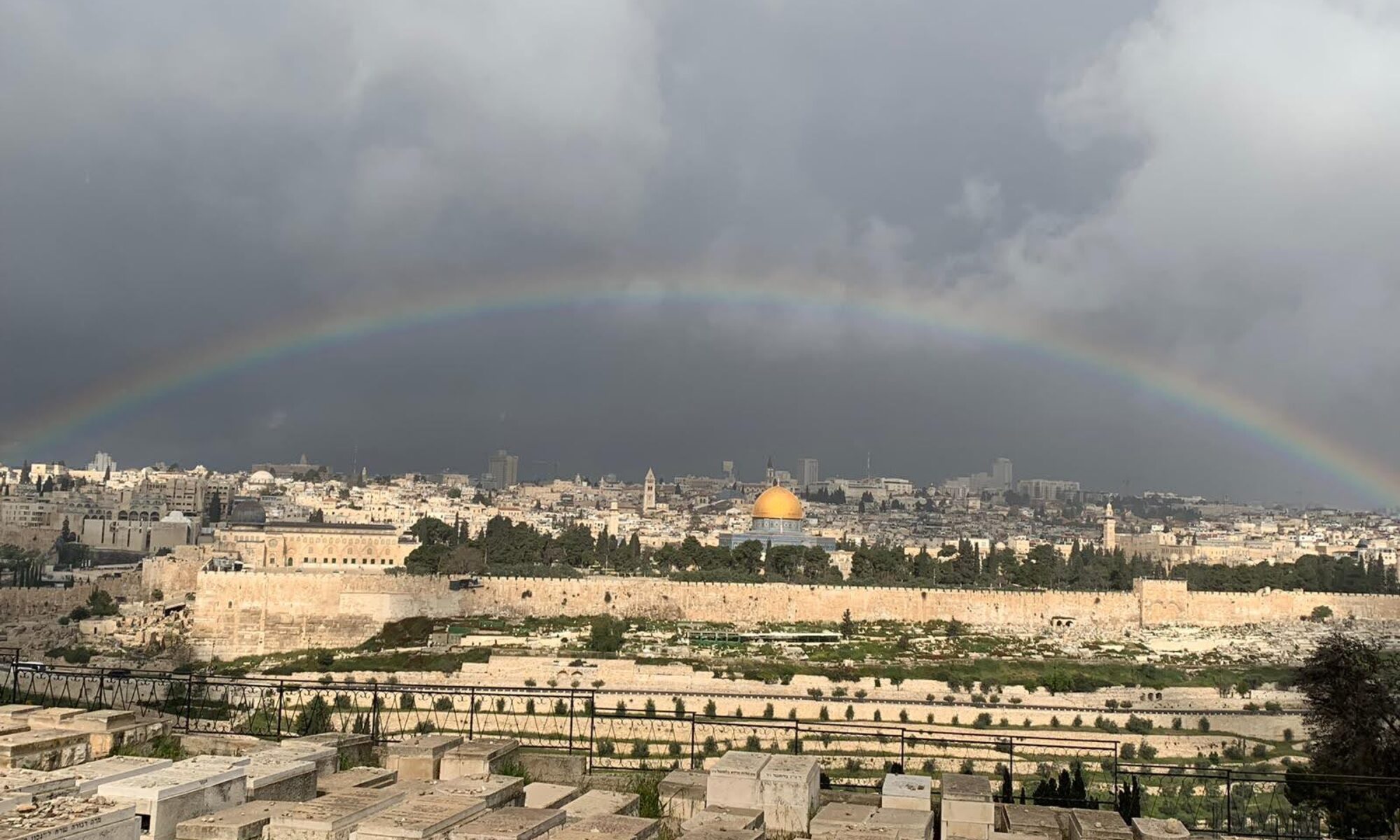Should we fear God?
It often seems that in the reality of Messiah Yeshua (Jesus) any need to fear God has been done away with. Through Yeshua, the fear has been suppressed and purely replaced with the joy of salvation – right?
The fourth Biblical commandment as enumerated by Maimonides is the fear of God.
P4 – “To fear Him, as Deuteronomy 6:13 states: “Fear God, your Lord.[1]“
In the modern Body of Messiah, the fear of God seems to be either absent or overpowering. Depending on your denominational bent you are taught that the fear of God is either completely unnecessary or on the other end of the spectrum the fear of God is so overemphasized that the intimacy of any relationship with God gives way to cowardice before a malevolent being.
In the original version of this post, I took this in a different direction. As God would see fit, it happens that I’m reading a book called Everyday Holiness which has helped me explore this command from a different mindset. It’s one of a balanced approach to this word we translate as “fear.” In this book, the author states “merged within the word yirah are two human experiences that are linked in the Hebrew but separated in English. One is fear. The other is awe.[2]”
Some of God’s stated characteristics and attributes make Him approachable and relational – He is our Father and His Son is our Bridegroom King. God reveals Himself in a variety of ways and defines Himself with any number of attributes. Each description of Himself is intended to help us grasp a small piece of His infinite nature. In the relational descriptions such as Father and Bridegroom, He is intrinsically approachable. I compare the relationships I have on an earthly level and it’s easy to say I’m not afraid to approach my father or my spouse. Of course, that changes when I do something to disappoint them…then of course there is an aspect of fear and shame.
While He makes Himself relational, we can’t completely forget or ignore that God is not a big teddy bear. We too often forget that God is a consuming fire and that His manifest presence seems to elicit legitimate fear in those who experience it. The idea of yireh is fear but 100% intertwined with reverence and awe. We should have a balance of both.
Fear of God is natural and it’s an internal attribute of ourselves that we should seek to nurture with a proper balance with awe. The Apostles agree! They demonstrate their reverence and awe, but they don’t diminish the call to fear God. In fact, they remind us that in God’s manifest presence, even Moses trembled in fear:
Hebrews 12:21 (TLV)
21 So terrifying was the sight that Moses said, “I am quaking with fear.”
The author of Hebrews doesn’t leave it there but goes on to emphasize the other side of yireh.
Hebrews 12:28 (ESV)
28 Therefore let us be grateful for receiving a kingdom that cannot be shaken, and thus let us offer to God acceptable worship, with reverence and awe
In respect to the commandment of P4, Peter instructs us to fear God with an imperative command – thus making the command overtly applicable to a Believer in Yeshua.
1 Peter 2:17 (TLV)
17 Honor all people. Love the brotherhood. Fear God. Honor the king.
The fear and awe of God assist us in maintaining our walk with Him. It helps us learn His ways. As it says in Proverbs:
Proverbs 1:7 (TLV)
7 The fear (yirah) of Adonai is the beginning of knowledge, but fools despise wisdom and discipline.
Whether we perceive the fear of the LORD as trembling with fear or deep reverence and awe or both, I don’t think there is a path for the Disciple of Yeshua to announce freedom from this commandment. Those that lack the fear of God also lack His wisdom. They lack “The Way” of the LORD. If Yeshua is The Way, then to some extent, if we lack fear of God we are lacking Jesus.
Romans 3:17–18 (NKJV)
17 And the way of peace they have not known.” 18 “There is no fear of God before their eyes.” (emphasis mine)
[1] Mishneh Torah, Positive Mitzvot 4
[2] Morinis, Alan. Everyday Holiness.

